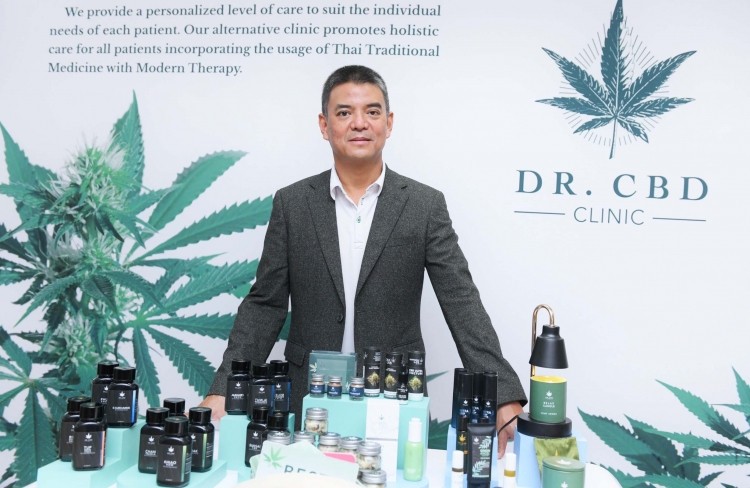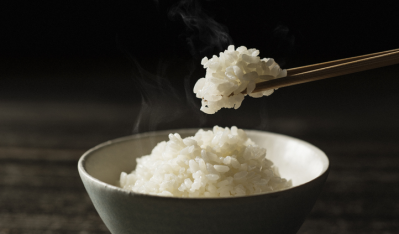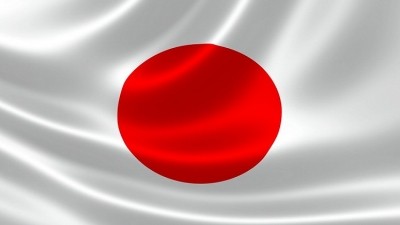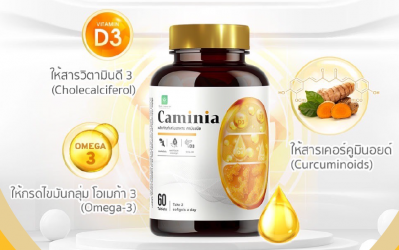Combining East and West: Thai nutra firm wooing success by combining CBD with Eastern herbal medicines

Located in the central Bangkok district of Sukhumvit, Dr. CBD has been researching and developing products containing CBD since 2019 through a tie-up with the Department of Medical Science and the Department for the Development of Thai Traditional and Alternative Medicine – which are both part of Thailand’s Ministry of Public Health.
With scientists comprising 30 to 40 per cent of its almost 100-personnel strong team, the firm has since developed various CBD formulations applicable for use in nutraceuticals and skincare.
In fact, the company’s CBD business encompasses the entire supply chain, from cultivation to CBD extraction, R&D, to developing finished consumer products.
Speaking to NutraIngredients-Asia, CEO and founder Pornchai Padmindra outlined the company’s aims and strategies to succeed in the CBD space.
“The West has been doing CBD for a longer time than us. As an Asian company, we’re not gonna be able to compete in the CBD space with somebody who's been doing this for years.
“The only way we could compete is to combine the beauty of East and West together, meaning we use the knowledge of herbal medicines and combine it with cannabinoids or alkaloids.
“The beauty of the East is that our ancestors have already thought of the herbal ingredients used in foods as preventive or curative medicines," he said.
The company sells its products under a number of brands, including Earthlab which specialises in dietary supplements, CBD beverages, and cosmeceuticals, Dr. CBD Clinic which specialises in Thai traditional medicines, Vital Medi Clinic for integrative medicines, Dr. Pet CBD for pet wellbeing, as well as Hempiness Lab & CBD Lab for CBD oil products.
An example of a product that combines East and Western medicinal knowledge is Dr. CBD Tea infusion blends that contain Thai herbs and flowers.
The former banker with three decades of experience across CIMB Thai Bank, Thanachart Bank, Standard Chartered, and Citibank, emphasised that Dr. CBD was not a cannabis company, but a nutraceutical and health care company.
“We are not a cannabis company. We are a nutraceutical company.
“And so, we make anything from preventive, wellbeing, integrative medicine, precision medicine, weight loss, beauty, auto immune booster, wellness products, consumer products, shower gels all the way to herbal-based medicines,” he said, adding that he dived into this sector out of “pure passion”.
Today, the firm’s products are sold both online and offline across Thailand, even in beauty product retailers such as Sephora.
“We are fully integrated, meaning the cultivation, extraction, R&D, products, and care services, which means cannabis medicine department inside a hospital and a cannabis Clinic, so we are fully integrated,” he said.
The firm also sells white label products designed for clinics and hospitals.
Its two clinics, located in Hua Hin and within the Medical Cannabis Department in Navavej Hospital, focuses on disease prevention through treatments that incorporate Thai Traditional Medicine with modern therapy.
Level of consumer awareness
Asked the extent to which Thai consumers understand the health benefits of CBD, Padmindra said that it was important to spread awareness via consumer education.
“It’s all about education, CBD is an alternative medicine.”
Since the relaxation of CBD laws in Thailand, food and beverage companies have been quick to jump on the bandwagon.
For instance, there are restaurants selling dishes garnished with hemp leaves and drinks stalls selling hemp or CBD-infused drinks.
Companies such as Tipco Foods are also entering the CBD foods, beverages, and herbal product sector.
The Thai authorities approved the use of hemp and CBD in herbal products in as early as 2019.
This comes after the authorities removed cannabis and hemp extracts with THC content of less than 0.2 per cent from the list of banned narcotics substances.
To protect the nascent industry, only locally licensed enterprises can take part in the industry in the first five years.
Aside from cannabis and hemp, Dr. CBD is also selling supplements containing kratom under the brand Dr. Kratom Bio for use in pain management, weight management, blood sugar regulation, and men’s health.
Kratom, alongside cannabis and hemp, was decriminalised by the Thai government in June last year.
“The world is moving towards preventive medicines and in Thailand you have sleep disorder, epilepsy, Parkinson etc.
“You think the world is moving towards pharmaceutical or nutraceutical? Obviously, nutraceutical,” Padmindra said.
Local competition?
Asked the level of market competition that the company is facing within Thailand, Padmindra pointed out that the majority of the Thai CBD players were focusing on the upstream business.
“This means that we are not who they are, and they are not who we are. They focus on just growing cannabis. Some of them do commoditised CBD, they just love extraction.
“We are obsessed with science, we are a product company, that’s why we are not a cannabis company but a nutraceutical company.”
Retail growth plans
This year, the company will be expanding its retail presence from online marketplaces Lazada, Shopee, Facebook, LINE, drug stores, into convenience chain 7-11.
Other platforms where the products are sold include Beautrium, Konvy, and Eveandboy.
“More will be going to 7-11, which will be very soon. By the end of February, we'll definitely be listing our products in 7-11,” said Sunny Narula, marketing director, adding that the firm planned to enter Amazon and eBay as well.
In addition, there are plans to expand into hotels, spas, and clinics.
Going overseas
The company intends to introduce its CBD products to the other Asian markets, such as Malaysia, Japan, and South Korea, before venturing into Europe.
“It will be Malaysia, Japan, South Korea, Philippines, Indonesia. Singapore will probably be the last country in our Asia expansion plans,” said Padmindra.
In 2021, we reported that Singapore’s Health Science Authority reiterated that CBD was not approved for use in health supplements.
“We probably wouldn’t compete with America, because it's a crowded market. So, our first priority is the Asian countries, secondary will probably be the European countries,” he added.
Research projects
The company's university research partners have conducted studies on both CBD and kratom.
One of the research found that mitragynine, a major alkaloid constituent in kratom leaves, exhibited a stronger inhibitory activity against α-glucosidase than that of the well-known anti-diabetic drug acarbose.
Alpha-glucosidase is a carbohydrate-hydrolysing enzyme that stimulates the breakdown of disaccharides and oligosaccharides into small, simple, and absorbable carbohydrates.
“We deduced that mitragynine is a main component for the inhibition of α-glucosidase in kratom leaves since the combination of acarbose with mitragynine showed a higher inhibitory effect than that of acarbose combined with kratom leaf extracts.
“In addition to the mentioned effect against α-glucosidase, the ethanol extracts of kratom leaves and mitragynine were revealed to possess repressive activity against pancreatic lipase.
“Our research suggests that kratom leaves, particularly mitragynine, have promising potential for use in therapeutic and protective applications in diabetic patients as herbal supplements in conjunction with standard pharmacological approaches,” the researchers said in the findings published in Nutrients.




















